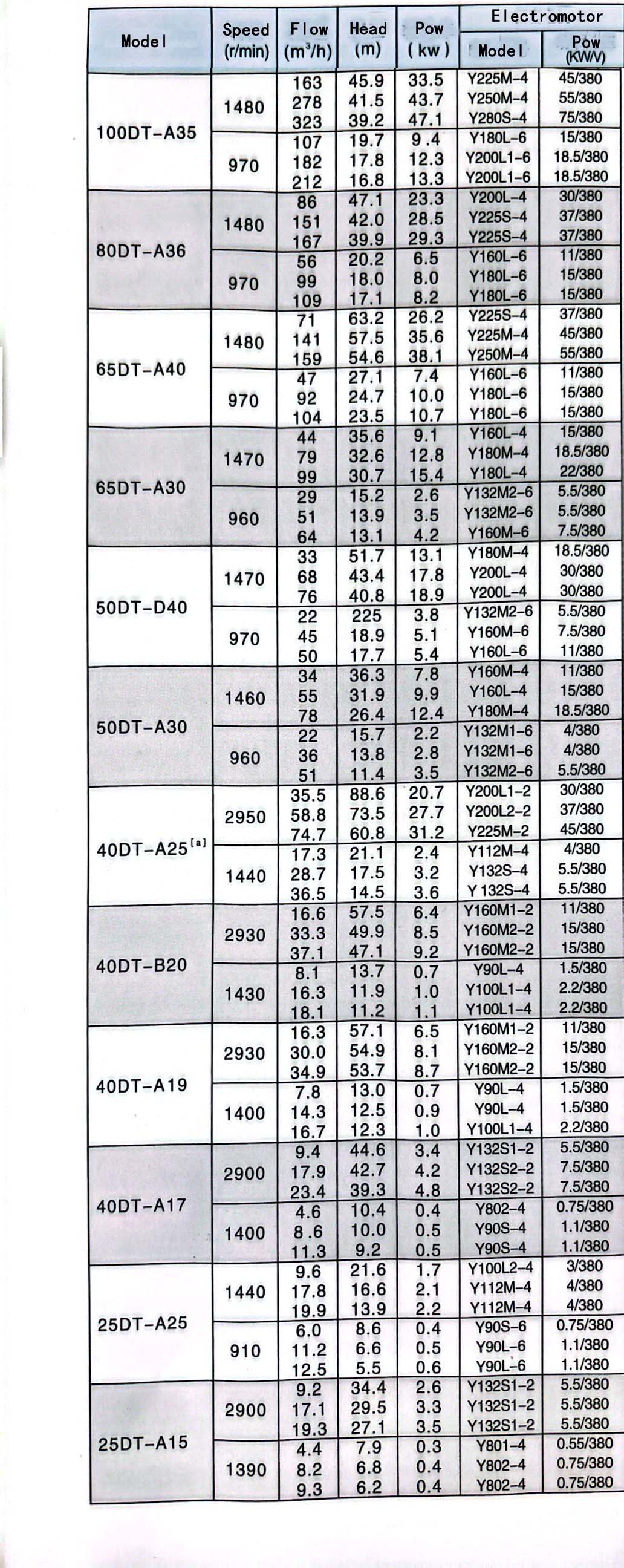Ukrainian
- Afrikaans
- Albanian
- Amharic
- Arabic
- Armenian
- Azerbaijani
- Basque
- Belarusian
- Bengali
- Bosnian
- Bulgarian
- Catalan
- Cebuano
- Corsican
- Croatian
- Czech
- Danish
- Dutch
- English
- Esperanto
- Estonian
- Finnish
- French
- Frisian
- Galician
- Georgian
- German
- Greek
- Gujarati
- Haitian Creole
- hausa
- hawaiian
- Hebrew
- Hindi
- Miao
- Hungarian
- Icelandic
- igbo
- Indonesian
- irish
- Italian
- Japanese
- Javanese
- Kannada
- kazakh
- Khmer
- Rwandese
- Korean
- Kurdish
- Kyrgyz
- Lao
- Latin
- Latvian
- Lithuanian
- Luxembourgish
- Macedonian
- Malgashi
- Malay
- Malayalam
- Maltese
- Maori
- Marathi
- Mongolian
- Myanmar
- Nepali
- Norwegian
- Norwegian
- Occitan
- Pashto
- Persian
- Polish
- Portuguese
- Punjabi
- Romanian
- Russian
- Samoan
- Scottish Gaelic
- Serbian
- Sesotho
- Shona
- Sindhi
- Sinhala
- Slovak
- Slovenian
- Somali
- Spanish
- Sundanese
- Swahili
- Swedish
- Tagalog
- Tajik
- Tamil
- Tatar
- Telugu
- Thai
- Turkish
- Turkmen
- Ukrainian
- Urdu
- Uighur
- Uzbek
- Vietnamese
- Welsh
- Bantu
- Yiddish
- Yoruba
- Zulu
Telephone: +86 13120555503
Email: frank@cypump.com
Гру . 18, 2024 00:17 Back to list
radial flow pump
Understanding Radial Flow Pumps Mechanisms and Applications
Radial flow pumps are a specific type of centrifugal pump designed to transport fluids by converting rotational energy into kinetic energy through the movement of impellers. These pumps are characterized by their unique design where the flow of fluid enters from the axis of the impeller and exits radially outward. This type of pump is widely utilized in various industries due to its efficiency, versatility, and relatively simple design.
Working Principle
The fundamental working principle of radial flow pumps hinges on the centrifugal force generated by rotating impellers. When the pump is activated, a motor drives the impeller which spins at high speeds. The fluid enters the eye of the impeller at the center and is pushed outward through the vanes. As the fluid moves radially outward, its velocity increases, thus enhancing its kinetic energy. Eventually, the fluid exits the pump through a discharge nozzle, where its pressure is also elevated.
This mechanism is efficient at handling large volumes of low-viscosity fluids. The design allows for high flow rates, making radial flow pumps ideal for applications requiring substantial fluid movement.
Design Characteristics
Radial flow pumps generally feature an enclosed impeller, which can be either open or closed. An enclosed impeller often provides better efficiency since it keeps the fluid contained and reduces the chances of cavitation, an occurrence where vapor bubbles form in the fluid and can cause damage. The pump casing is typically designed to optimize the flow path, ensuring that there is minimal turbulence and energy loss during fluid transport.
The materials used for construction are crucial as they impact the pump's performance and durability. Common materials include stainless steel, cast iron, and various polymers, depending on the fluid being pumped and the environmental conditions.
Applications
Radial flow pumps are ubiquitous across numerous sectors due to their adaptability. In the water treatment industry, they are used for both raw water intake and sewage pumping. Their ability to handle large volumes of fluid makes them suitable for municipal and industrial wastewater treatment plants.
radial flow pump

In the oil and gas industry, radial flow pumps play a critical role in transporting crude oil and various petroleum products
. Their robust design allows them to cope with the abrasive nature of certain oils, ensuring consistent performance even under challenging conditions.Additionally, radial flow pumps are employed in the chemical processing sector for the transfer of corrosive and viscous fluids. The versatility of the pump design allows for customization to suit specific chemical compatibility needs, further enhancing its applicability in this field.
Advantages
One of the key advantages of radial flow pumps is their high efficiency in large volume fluid handling. They exhibit relatively low energy consumption compared to other pump types while providing a steady and reliable flow. Furthermore, radial flow pumps have a simple design that facilitates easy maintenance and repair, making them user-friendly and cost-effective.
Another notable benefit is their capability to handle fluctuating flow rates and pressures. This allows them to adapt to variable operating conditions, maintaining optimal performance without significant energy loss.
Challenges and Maintenance
While radial flow pumps are efficient, they are not immune to challenges. Cavitation, typically caused by low inlet pressure, can lead to significant damage over time if not addressed. Regular monitoring of the pump's operational parameters is essential to prevent such occurrences.
Routine maintenance includes checking the impeller for wear and tear, inspecting seals and gaskets for leaks, and ensuring that the bearings are properly lubricated. Implementing a proactive maintenance schedule can prolong the life of the pump and ensure it operates at peak efficiency.
Conclusion
In conclusion, radial flow pumps are an essential component in various industrial applications, owing to their efficiency, reliability, and versatility. Understanding their mechanics and proper maintenance practices is essential for achieving optimal performance. As industries continue to evolve and embrace newer technologies, the relevance of radial flow pumps will only grow, ensuring that they remain a critical element in fluid transport and management.
-
High-Performance Air Pumps for Sand & Gravel | Efficient Transport
NewsAug.03,2025
-
ISG Series Vertical Pipeline Pump - Chi Yuan Pumps Co., LTD.|Energy Efficiency, Corrosion Resistance
NewsAug.03,2025
-
ISG Series Pipeline Pump - Chi Yuan Pumps | Energy Efficiency&Compact Design
NewsAug.03,2025
-
ISG Series Vertical Pipeline Pump - Chi Yuan Pumps Co., LTD.|High Efficiency, Low Noise, Durable
NewsAug.02,2025
-
ISG Series Vertical Pipeline Pump - Chi Yuan Pumps | High Efficiency, Low Noise
NewsAug.02,2025
-
ISG Series Vertical Pipeline Pump- Chi Yuan Pumps Co., LTD.|High Efficiency&Compact Design
NewsAug.02,2025










